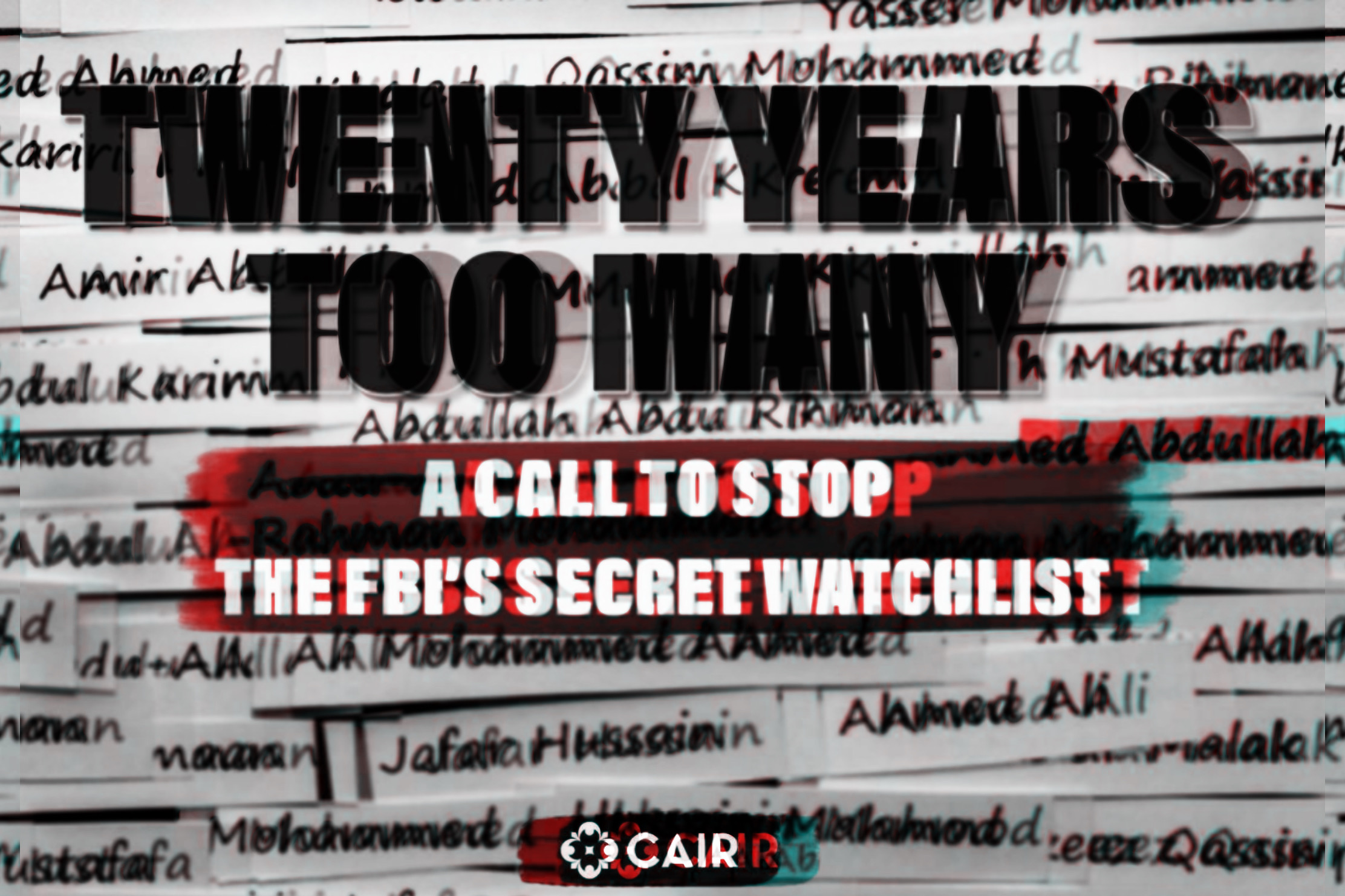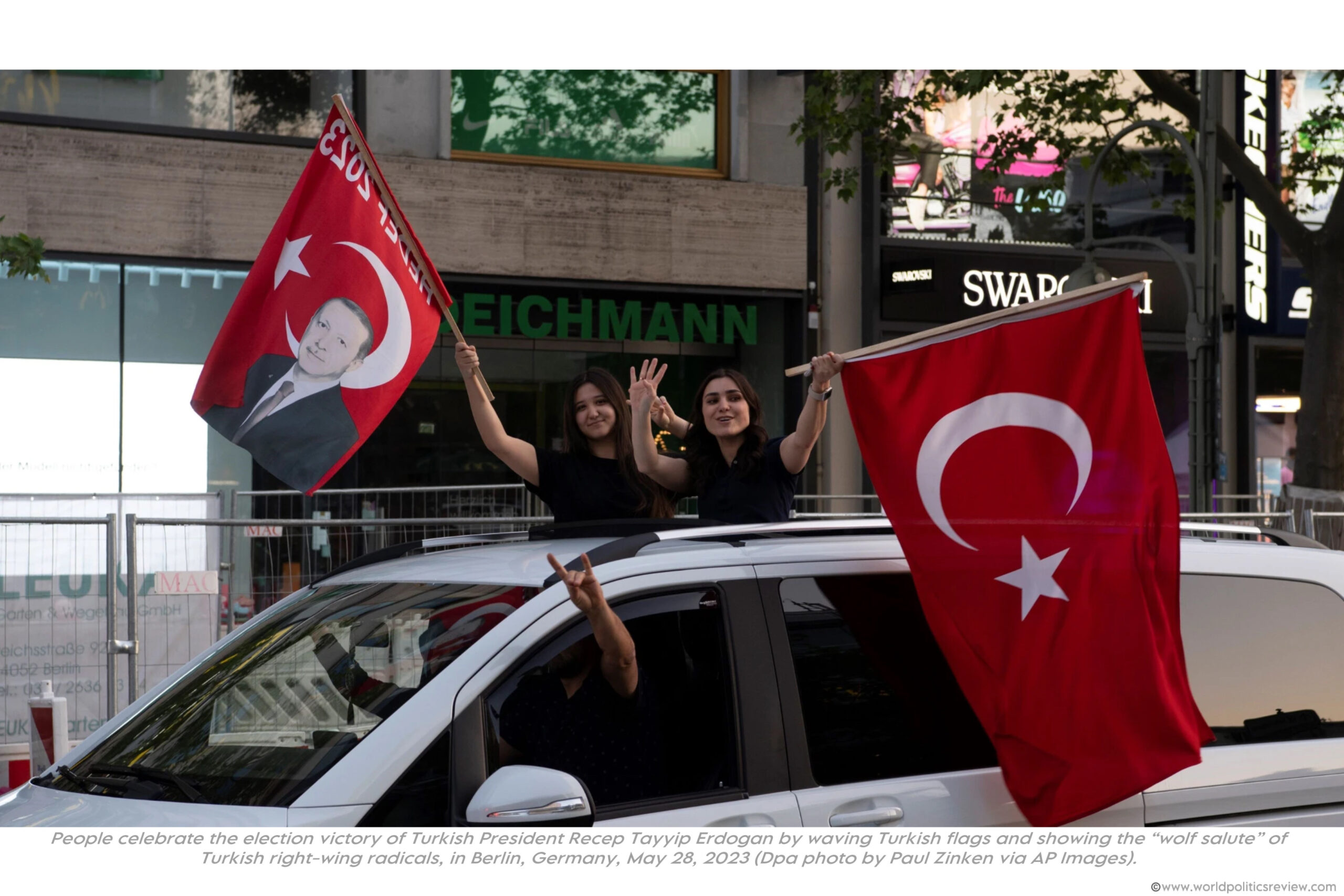A district of derelict warehouses, red-brick terraces, and vibrant street life on the canals near the centre of Brussels, Molenbeek was once known as Belgium’s “Little Manchester”. These days it is better known as “Little Morocco” since the population is overwhelmingly Muslim and of North African origin. By day, the scene is one of children kicking balls on busy streets, of very fast, very small cars with very large sound systems. By night, the cafes and tea houses are no strangers to drug-dealers and mafia from the Maghreb. For the politically active extreme right, and the anti-Islamic bloggers, Molenbeek is the nightmare shape of things to come: an incubator of tension and terrorism in Europe’s capital, part of a wave of “Islamisation” supposedly sweeping Europe, from the great North Sea cities of Amsterdam and Rotterdam to Marseille and the Mediterranean. The dire predictions of religious and identity-based mayhem reached their peak between 2004 and 2006, when bombs exploded in Madrid and London, a controversial film director was shot and stabbed to death in Amsterdam, and angry demonstrators marched against publication of satirical cartoons about the Prophet Muhammad. For Bruce Bawer, author of While Europe Slept, the continent’s future was to “tamely resign itself to a gradual transition to absolute sharia law”. By the end of the century, warned Bernard Lewis, the famous American historian of Islam, “Europe will be Islamic”. The Daily Telegraph asked: “Is France on the way to becoming an Islamic state?” The Daily Mail described the riots that shook the nation in the autumn of 2005 as a “Muslim intifada”. Jason Burke and Ian Traynor report.
- General News
- News by Country
- News by Topic
- Public Opinion and Islam in the Media
- Security and Counterterrorism
Fears of an Islamic revolt in Europe begin to fade






